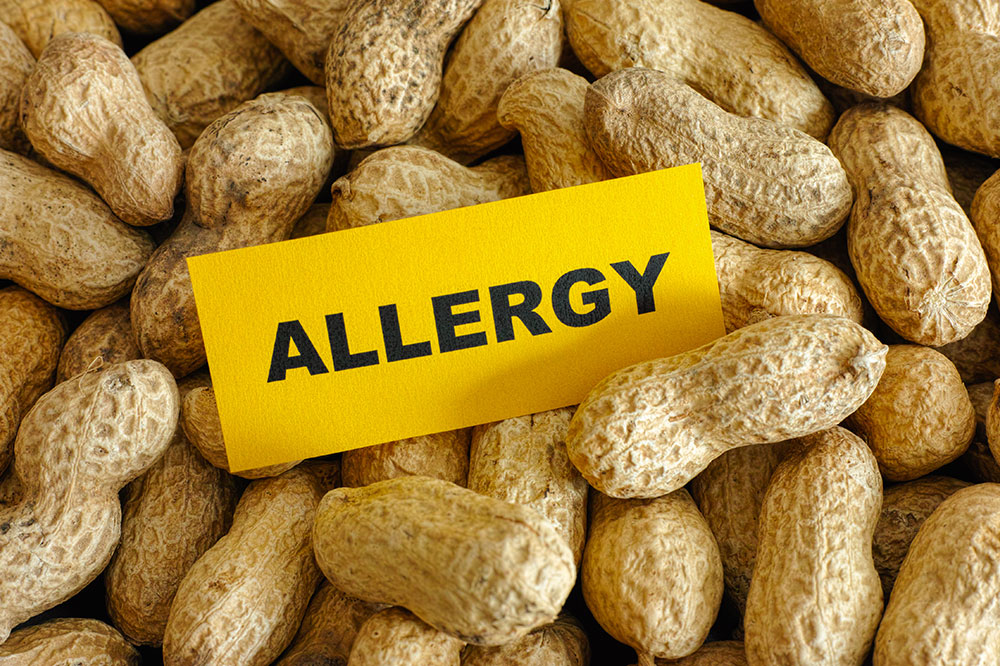Common Food Allergies and Strategies for Prevention
This article highlights common food allergies such as peanuts, milk, wheat, shellfish, and soy, and offers management strategies including immunotherapy and emergency treatments like epinephrine. It emphasizes the importance of consulting healthcare professionals for accurate diagnosis and tailored care plans.

Food allergies impact individuals of all ages, resulting from an immune response where the body mistakenly identifies specific foods as harmful. This can cause symptoms from skin rashes and digestive discomfort to life-threatening conditions like anaphylactic shock. The most frequently allergenic foods include:
Peanuts: A primary trigger for serious allergic reactions; family history can heighten risk.
Milk: Primarily affects young children and infants; proteins such as whey and casein are responsible. This is distinct from lactose intolerance.
Wheat: Often outgrown during adolescence; symptoms include nausea and breathing problems. Different from celiac disease.
Shellfish: Frequently cause lifelong allergies, with reactions triggered by eating, contact, or inhalation.
Soy: Common in babies, but adults may experience mild symptoms like rashes or stomach cramps.
To manage peanut allergies, options like immunotherapy, which involves controlled exposure to reduce sensitivity, are available. In severe cases, epinephrine injections can mitigate life-threatening reactions. It’s essential to seek medical advice for diagnosis and personalized treatment approaches.


